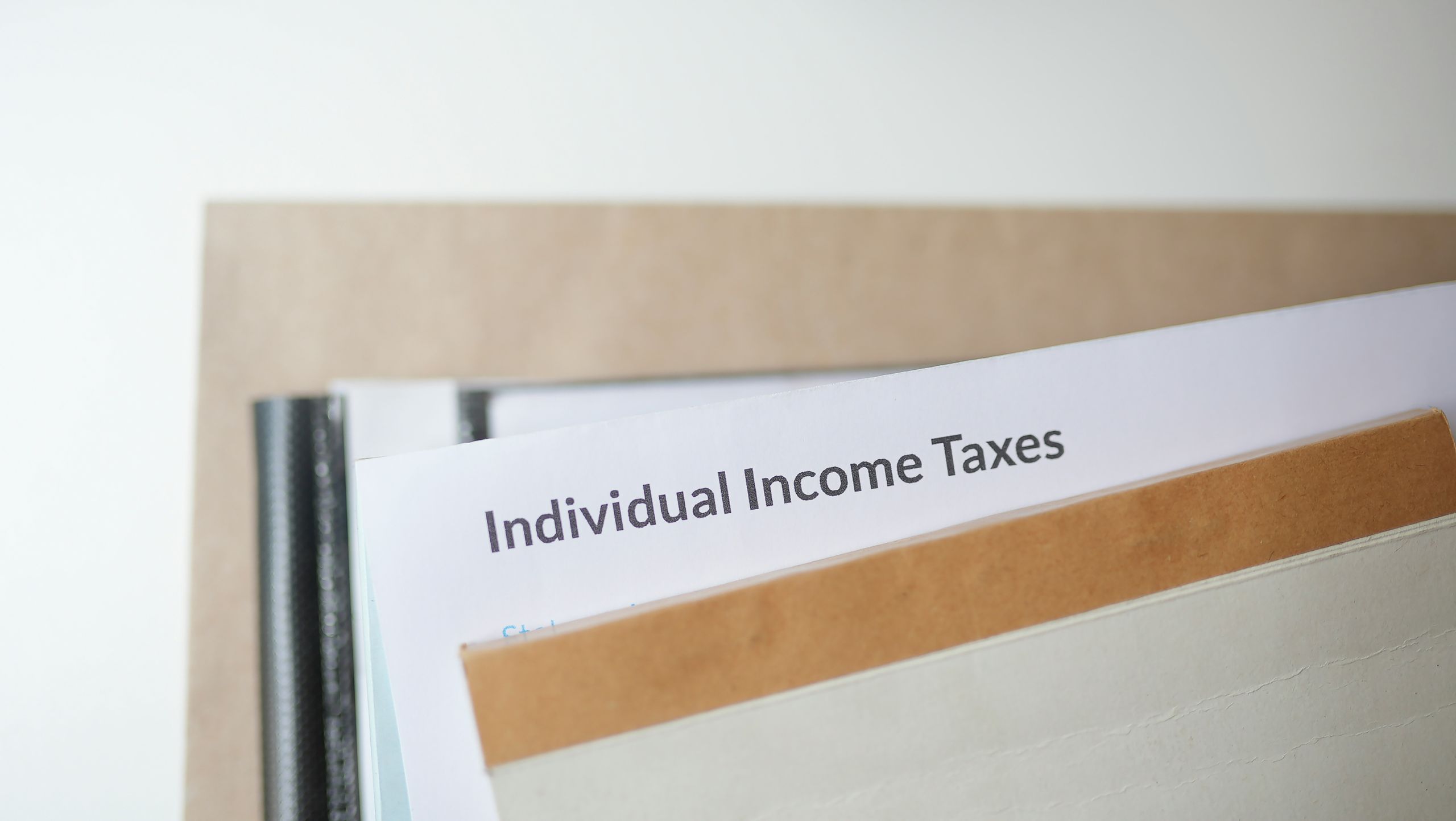
Taxes can be a headache for anyone, but they’re especially tricky for rideshare drivers. As independent contractors, rideshare drivers are responsible for managing their taxes, which can feel overwhelming if you’re not prepared. Thankfully, with the right strategies and knowledge, you can not only stay on top of your taxes but also save money through deductions. In this guide, we’ll share essential tax tips for rideshare drivers to help you maximize your savings and minimize your stress.
Understand Your Tax Responsibilities
First things first, rideshare drivers are classified as independent contractors. This means that companies like Uber and Lyft don’t withhold taxes from your earnings. As a result, you’re responsible for reporting your income and paying taxes on it. This includes self-employment taxes, which cover Social Security and Medicare contributions. Knowing this upfront can help you plan and avoid unpleasant surprises when tax season rolls around.
Track All Your Income
One of the most important tax tips for rideshare drivers is to meticulously track your income. Both Uber and Lyft provide annual summaries of your earnings, but you should also keep your own records. This includes tips, bonuses, and any other payments you receive. Having accurate income records ensures you report everything correctly and avoid potential audits.
Take Advantage of Tax Deductions

The biggest advantage of being an independent contractor is the number of tax deductions available to you. These deductions reduce your taxable income, ultimately lowering your tax bill. Here are some common deductions for rideshare drivers:
- Mileage: You can deduct the miles you drive while working. Be sure to track your mileage accurately with a log or an app.
- Vehicle Expenses: If you don’t use the mileage deduction, you can instead deduct actual vehicle expenses like gas, maintenance, insurance, and depreciation.
- Phone and Internet Bills: Since your smartphone is essential for your work, you can deduct a portion of your phone and internet costs.
- Tolls and Parking Fees: These are fully deductible if incurred during your rideshare shifts.
- Supplies: Items like phone mounts, chargers, and snacks for passengers can also be deducted.
Knowing these deductions can make a huge difference in how much you owe, so take the time to document your expenses.
Use a Mileage Tracking App
Manually tracking mileage can be tedious and error-prone. That’s why one of the best tax tips for rideshare drivers is to use a mileage tracking app. Apps like Stride, MileIQ, or Everlance can automatically record your miles, ensuring you don’t miss any deductions. These apps also provide summaries that can make filing your taxes much easier.
Set Aside Money for Taxes
Since taxes aren’t withheld from your earnings, it’s essential to set aside money regularly. A good rule of thumb is to save 25-30% of your income for taxes. This may seem like a lot, but it covers both federal and state taxes as well as self-employment taxes. Setting aside money as you earn it can prevent the stress of scrambling to pay a large tax bill later.
Pay Quarterly Estimated Taxes
Another key tax tip for rideshare drivers is to pay quarterly estimated taxes. The IRS requires self-employed individuals to pay taxes throughout the year, rather than waiting until April. These payments are due in April, June, September, and January. Paying quarterly can help you avoid penalties and keep you on track financially.
Keep Organized Records
Good record-keeping is crucial when it comes to taxes. Keep receipts for all your expenses, and organize them by category. Digital tools like QuickBooks Self-Employed or Wave can help you manage your records and simplify the filing process. Remember, the more organized you are, the less stressful tax season will be.
Understand Your 1099 Forms
As a rideshare driver, you’ll receive 1099 forms instead of W-2s. These forms summarize your earnings and come in two types: the 1099-K for payment transactions and the 1099-NEC for non-employee compensation. Make sure you understand these forms and verify their accuracy before filing your taxes.
Consult a Tax Professional

While these tax tips for rideshare drivers can guide you, tax laws can be complicated. Consulting a tax professional who understands the gig economy can ensure you’re taking full advantage of deductions and staying compliant with tax laws. A professional can also help you navigate any unique situations or challenges you face as a rideshare driver.
Stay Informed About Tax Law Changes
Tax laws can change from year to year, so it’s important to stay updated. For example, the IRS mileage rate may change annually, impacting your deductions. By staying informed, you can adapt your strategies and avoid missing out on new opportunities to save.
Managing taxes as a rideshare driver may seem daunting, but with the right approach, it doesn’t have to be. By tracking your income, taking advantage of deductions, and staying organized, you can significantly reduce your tax burden. If unexpected expenses or cash flow issues arise, Fundo is here to support you. Apply now with Fundo for a cash advance tailored to rideshare drivers and gig workers, and take control of your finances today.
Disclaimer:
Fundo offers Revenue Based Financing programs exclusively for business use. Any references to loan products, consumer products, or other financing forms are solely for marketing and educational purposes, aiming to differentiate Fundo's product from other similar financing options in the market.
